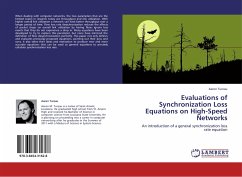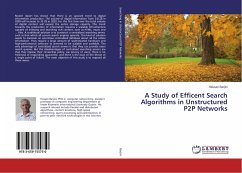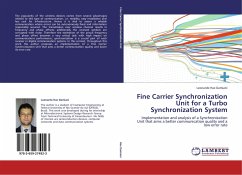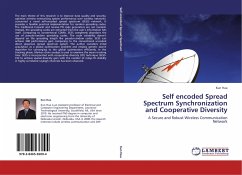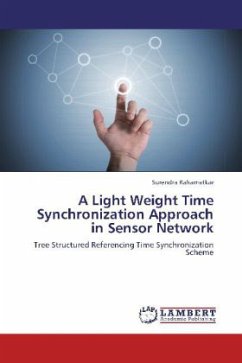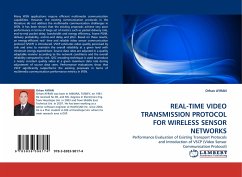
ENERGY EFFICENT TIME SYNCHRONIZATION IN WIRELESS SENSOR NETWORKS
WIRELESS SENSORNETWORKS
Versandkostenfrei!
Versandfertig in 1-2 Wochen
41,99 €
inkl. MwSt.

PAYBACK Punkte
21 °P sammeln!
Time synchronization is one of the essential operation within a sensor node in order perform theprocess of data aggregation with highest accuracy in Wireless Sensor Network (WSN). Owing tolimited computational capability, when a sensor node is progressively sensing and forwardingdata than it consistently drain its energy. This progressive energy dissipation also affects theperformance of the hardware clock apart from other extrinsic parameters (e.g. external damage,circuitry issues, etc.). Because of this reason, the hardware clock among the sensors startsexhibiting difference in time which is...
Time synchronization is one of the essential operation within a sensor node in order perform theprocess of data aggregation with highest accuracy in Wireless Sensor Network (WSN). Owing tolimited computational capability, when a sensor node is progressively sensing and forwardingdata than it consistently drain its energy. This progressive energy dissipation also affects theperformance of the hardware clock apart from other extrinsic parameters (e.g. external damage,circuitry issues, etc.). Because of this reason, the hardware clock among the sensors startsexhibiting difference in time which is technically termed as clock drift and clock offset. Hence,the biggest challenge of any time synchronization approach is to minimize the synchronizationerror among all the nodes. After reviewing the existing approaches, it was found that existingtime synchronization approaches are found to consider static network, non-consideration ofconstrained resources within the nodes, and lack of focus on energy modeling. More occurancesof synchronization errors will eventually reduce the network lifetime in WSN. Hence, theproposed study introduces a computational model of a novel time synchronization .




